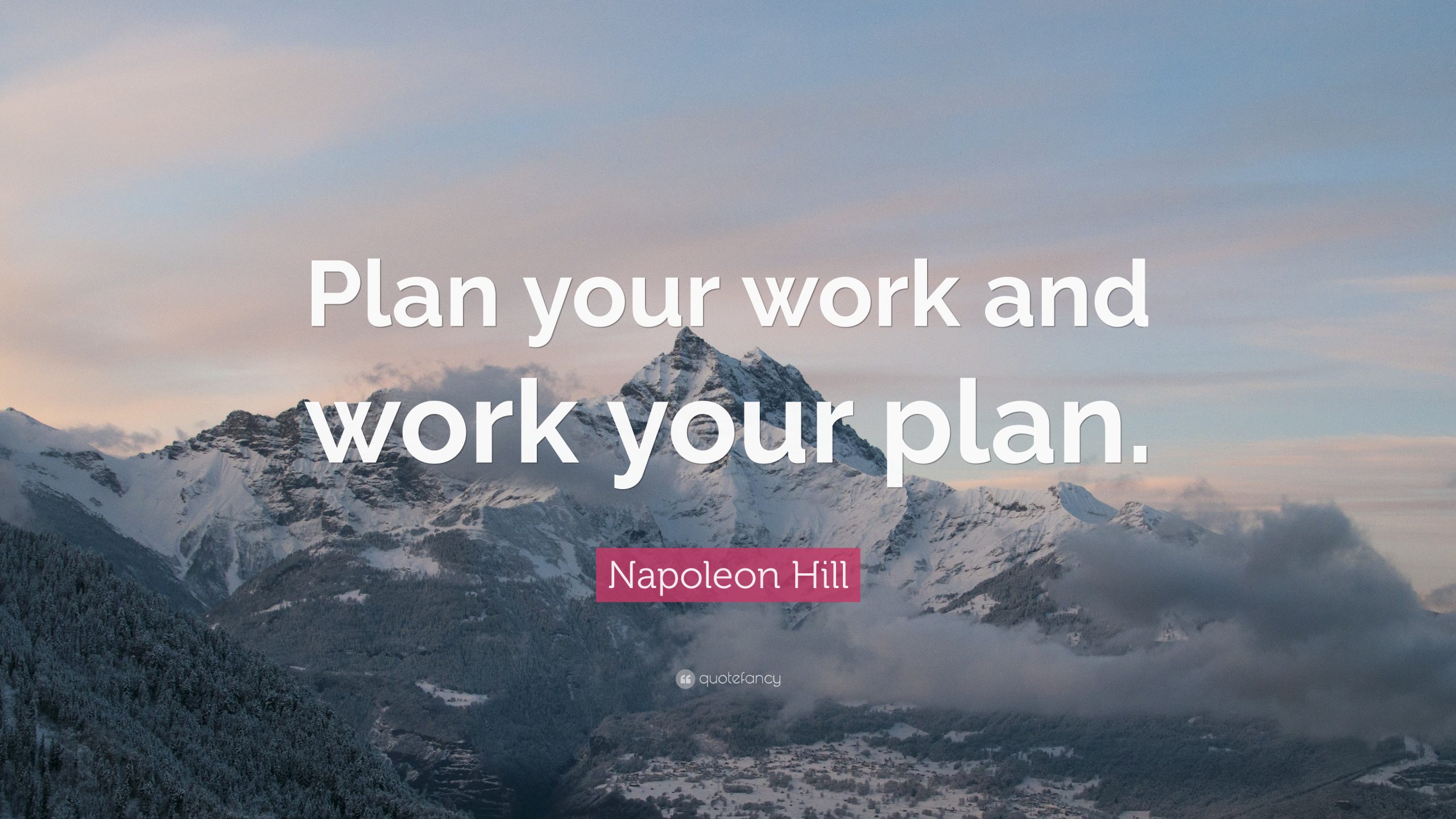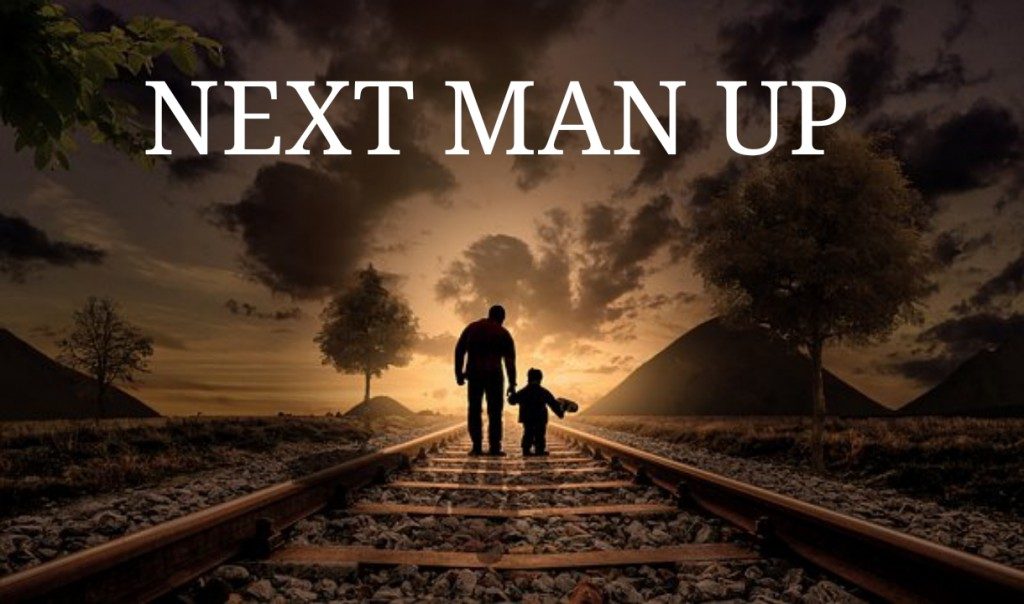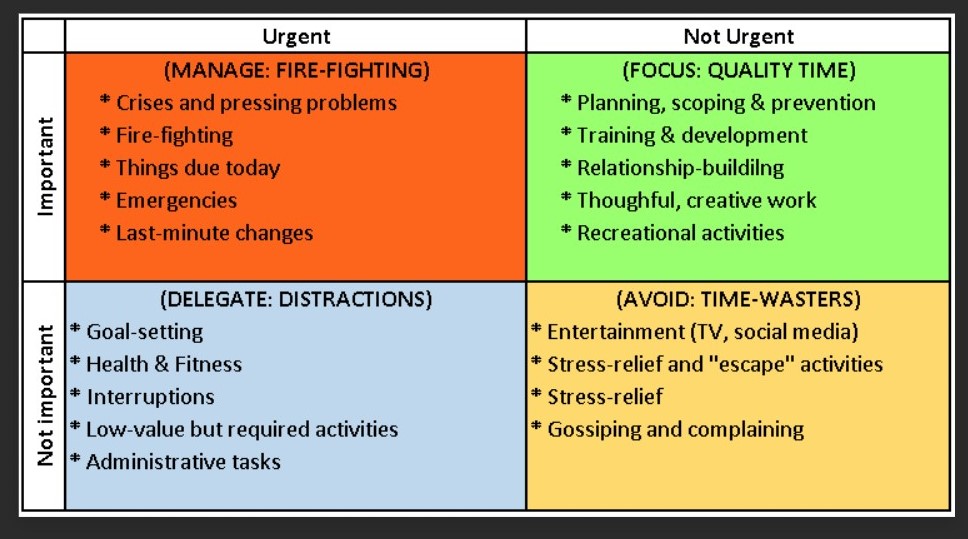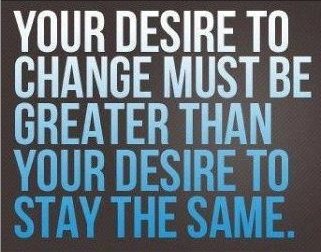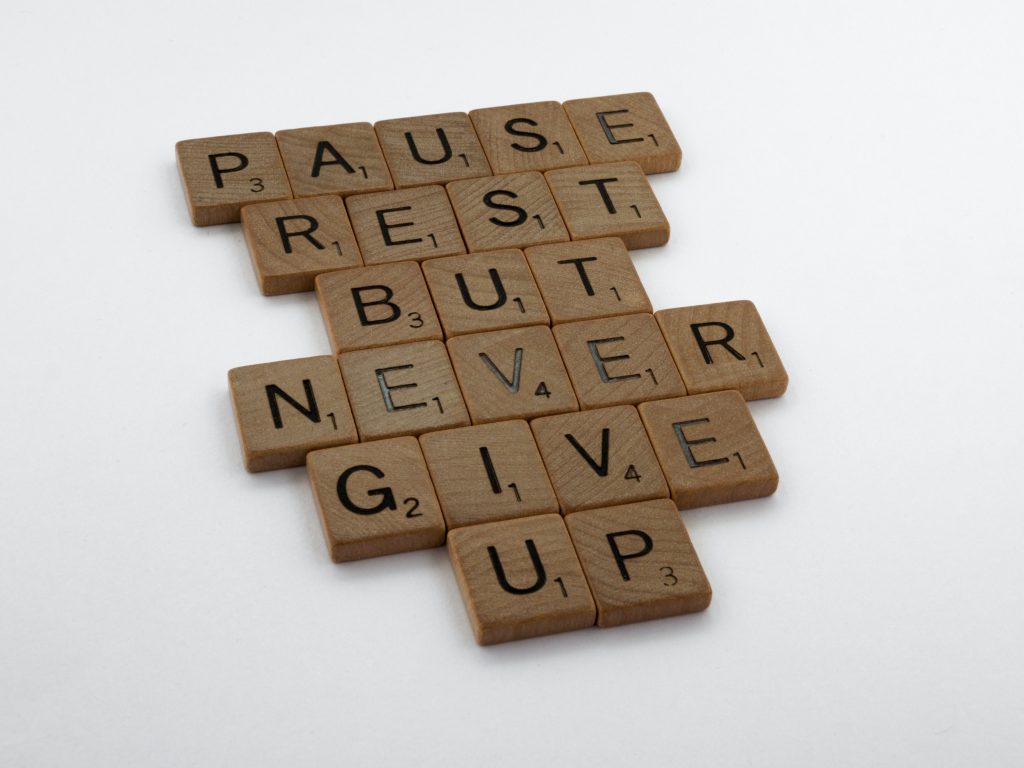This is the First Step in Building a Better Proposal

Even though John was still overwhelmed and his schedule was packed, he knew the only way to ever get control was to keep his upcoming appointment with Gene.
John had spent a lot of time this past week considering the questions Gene had asked at the first meeting.
Why do you do what you do?
Do you love what you do?
Why do we need to do proposals?
As John was driving to the office of XYZ Construction these questions were still banging around in his head with a wide variety of answers and no real clarity.
Going in John smelled something amazing. He hadn’t realized how hungry he was. Gene was providing lunch this week and the smell made his hunger apparent.
In the conference room Gene was stirring some chili. “Lunch is ready. Grab a bowl and let’s get started.”
As they sat down Gene asked, “Did you come up with answers to the questions?”
John sat there for a minute and said, “I’ve come up with way too many answers. About the time I think I have it figured out; another answer shows up.”
Gene grinned, “That sounds about right.
The important thing is not having every answer to every question, but rather to continually be asking the questions and actively looking for the answers.

I still ask and answer questions every day.”
“A good way to find WHY answers is to figure out things that work and things that don’t. Let’s start with a WHAT question. Gene handed John some papers and said,
“What are the common bid mistakes made by contractors and how can you avoid them?”
#1 Your customers lack clarity – You remember the story I told you last week about that misunderstanding I had with a customer? This is a perfect example of how the lack of customer clarity is a problem. You need to provide a clear detailed description of the work and the materials that you are going to provide. A clear scope of work helps avoid customer confusion. The Blueprint for Building a Better Proposal will provide you a system for giving clarity to your customer.
#2 Production crews lack clarity – The scope of work not only provides customers with clarity, but it also gives the production crews a clear understanding the work to be done. This prevents subcontractors/employees from doing more or less than the project includes. Too much work done means cost overruns. Too little and the customer is unhappy. The Blueprint for Building a Better Proposal will give the production crews a clear description of the work to be done.
#3 No production budget – When the production crews don’t know what dollar amounts have been figured to do the project, they often spend more than expected. These cost overruns mean less profit.

If you take care of the pennies, the dollars will take care of themselves.

Let your production crews know how many pennies they have to spend. This will lead to more dollars of profit. The Blueprint for Building a Better Proposal will provide you with budget numbers automatically.
#4 Unsatisfied customers – Discontented customers are the worst. Not only can they be a drain on company morale, they can become serious problems that can cost you money and hurt your reputation. They’re paying you to have their dream turned into reality. When they don’t have an accurate dollar amount before the work is done, they will not be happy when it’s finished and costs more than they expected. The Blueprint for Building a Better Proposal gives the customer a clear expectation of cost before the work starts so that when it’s done for that price, they will be happy.
#5 Unprofitable projects – One of the biggest problems in construction is Guesstimates. Guessing at the amount of time and material it’s going to take to do a project is a big risk. Different size projects require different overhead and profit margins. The Blueprint for Building a Better Proposal provides predetermined options of overhead and profit when preparing a proposal. Proposals done this way can increase the profitability of your projects.
#6 Trying to do everything yourself – Most small construction companies only have a few people working. The focus is on the physical construction and doesn’t leave time for doing accurate detailed proposals. Most contractors don’t like paperwork. This leads to hasty, inadequate and oversimplified proposals. The Blueprint for Building a Better Proposal is a system that allows you to focus on doing construction while office staff does paperwork.
#7 Your bidding system isn’t customizable – Most construction projects consist of a variety of different areas of construction. You need a system that can include all or one. Because markets and geographic locations are so different, you need a system that you can adjust to your specific requirements and rates wherever you are. The Blueprint for Building a Better Proposal allows you to be able to customize proposals in these ways and more.
Gene could see that John’s eyes were glazing over. “I know this was a lot to take in and doesn’t feel like we’re getting any closer to actually doing proposals, but I assure you…
Getting clear on these mistakes will give you a head start to providing better proposals.

And next week we’ll start working on the first step to Building a Better Proposal.
Previous post in this series:
What is Construction Clarity and How Do You Find It?
Learning How to Get a Construction Project Started Out Right






